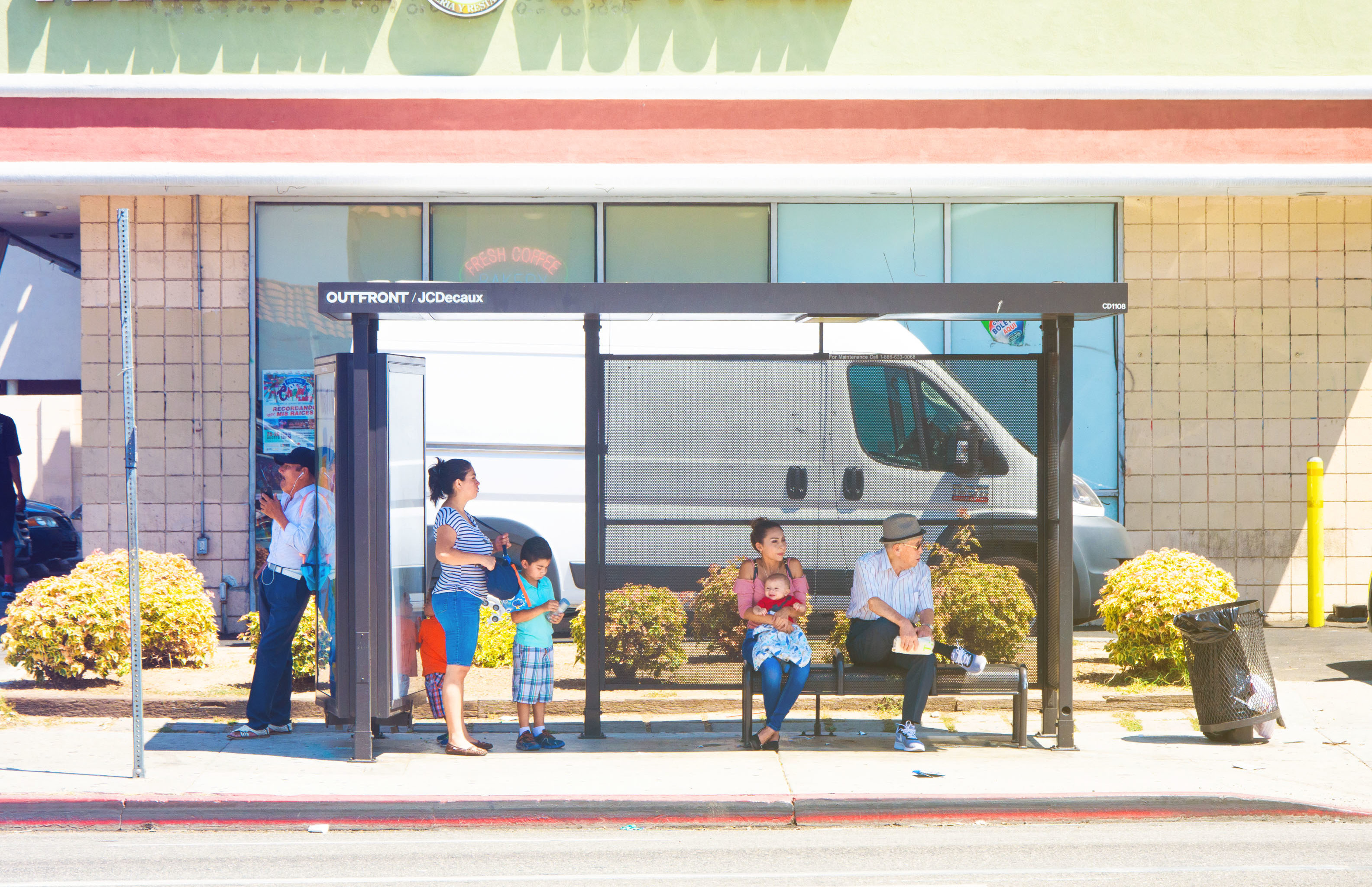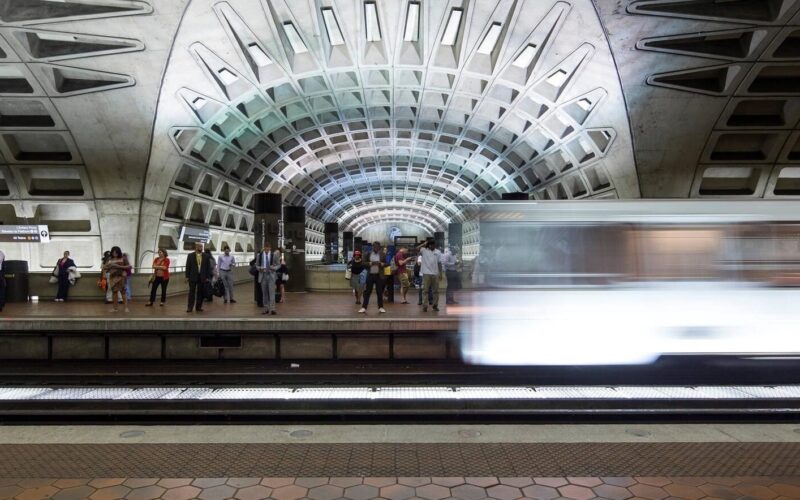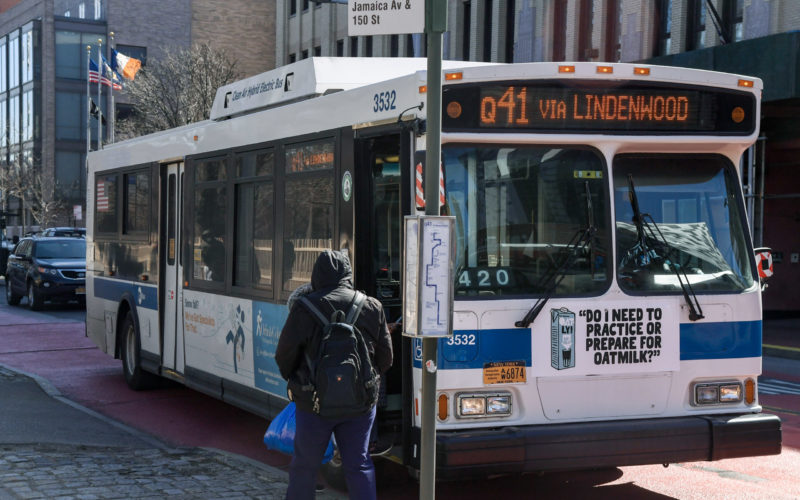
This Saturday, New York transit officials, civic-minded technologists, and transportation planners will gather for an unprecedented workshop and competition: the first-ever New York City Bus Data Hackathon.
In partnership with MTA-New York City Transit and NYU’s Rudin Center for Transportation, TransitCenter has invited tech- and transportation-savvy New Yorkers to propose more effective routes for local and express buses operating on Staten Island, whose residents endure some of the longest average commute times in the country. Participants will have access to detailed bus route ridership, performance, and population data to craft their proposals.
“For many Staten Islanders, the daily commute continues to go from bad to torturous,” said Staten Island Borough President James Oddo. “With Saturday’s Hackathon, data analysts, transit planners, and others–some Staten Island residents and some not–will get a chance to look at the data and take a crack at generating new and creative proposals to improve the quality of our bus service.” Oddo will attend the event and give opening remarks to commence the day’s proceedings.
The Hackathon is the latest project in TransitCenter’s long-term organizational commitment to improving urban mobility in New York City, where the foundation is based and has its institutional roots. (The initiative is one of our four core program areas, and the only one focused on a specific city.) New York City Transit, which operates over 3,000 buses during rush hour serving more than 700 million annual riders, has a strong transit infrastructure that is naturally poised to benefit from data-driven analysis of current service. Recent bus network redesigns in cities such as Houston and Fort Lauderdale have allowed transit agencies to maximize the usefulness of their existing fleets and provide riders faster and easier transit service. With the goal of achieving similar improvements in New York City, the Hackathon brings to network planning a fun, competitive approach similar to the MTA’s annual App Quest event for transit app developers.
The best solutions for faster, more effective transit on Staten Island–which, despite population growth and changing travel patterns, has not seen its bus network updated in decades–will be rewarded and presented publicly to borough residents at a later date and may inform the MTA’s ongoing Staten Island Comprehensive Bus Study.
 On the Brink: Will WMATA’s Progress Be Erased by 2024?
On the Brink: Will WMATA’s Progress Be Erased by 2024?
The experience of being a WMATA rider has substantially improved over the last 18 months, thanks to changes the agency has made like adding off-peak service and simplifying fares. Things are about to get even better with the launch of all-door boarding later this fall, overnight bus service on some lines starting in December, and an ambitious plan to redesign the Metrobus network. But all of this could go away by July 1, 2024.
Read More How Much Service did the Largest Transit Agencies Run in 2021?
How Much Service did the Largest Transit Agencies Run in 2021?
In this post, we’re drilling down into 2021 service levels across mode in the seven highest ridership cities to see the choices agencies are making about how to allocate service, as well as to gauge the impact operator shortages are having.
Read More